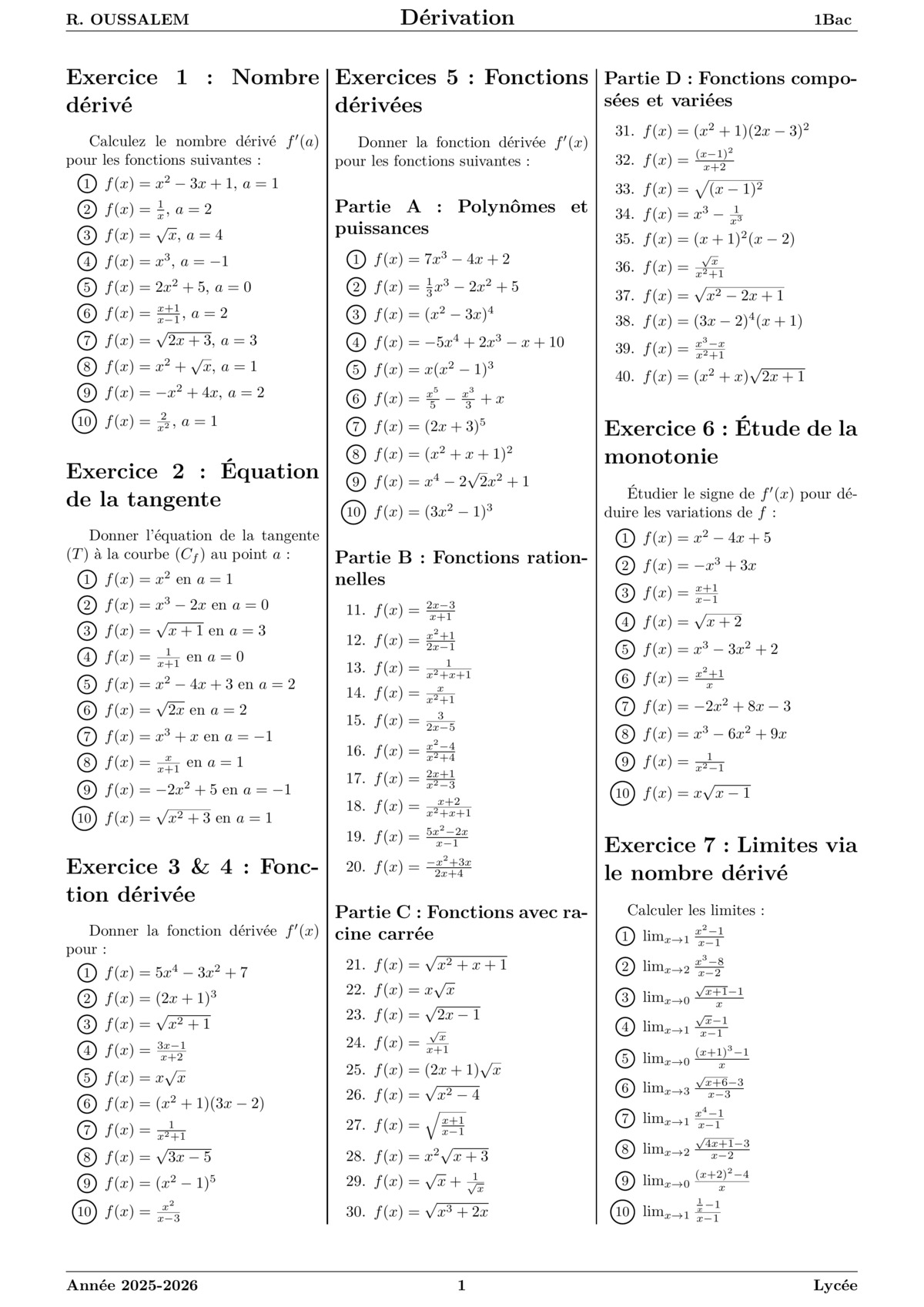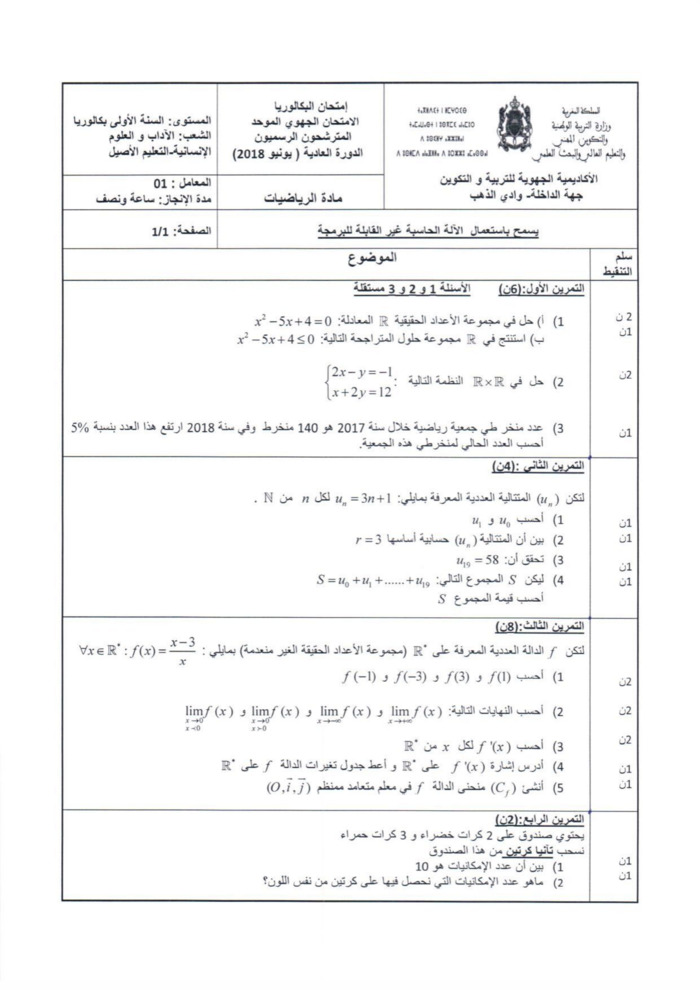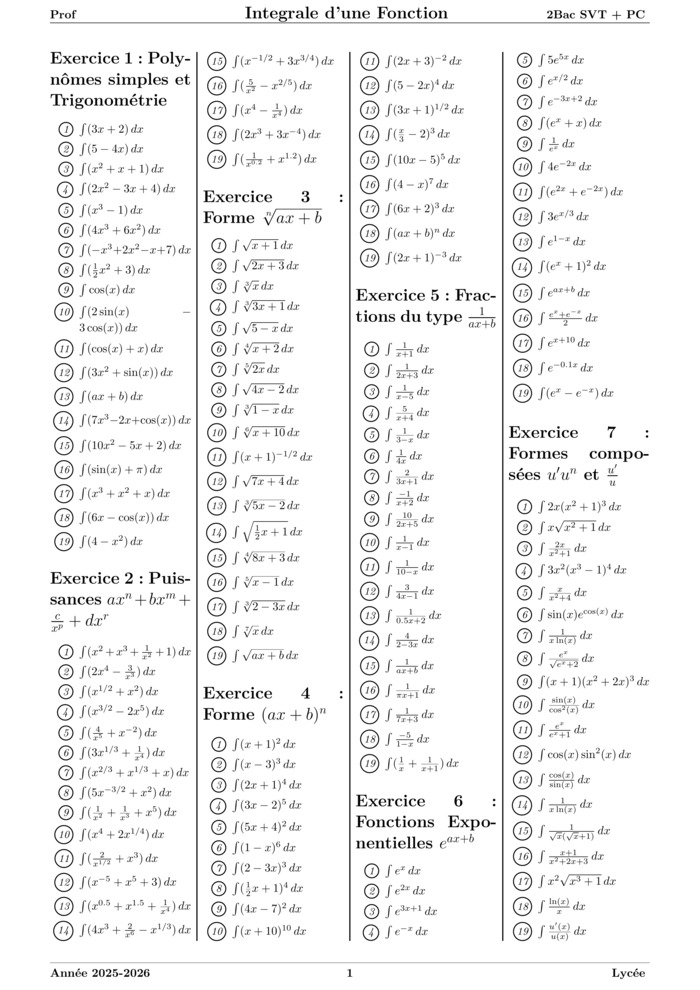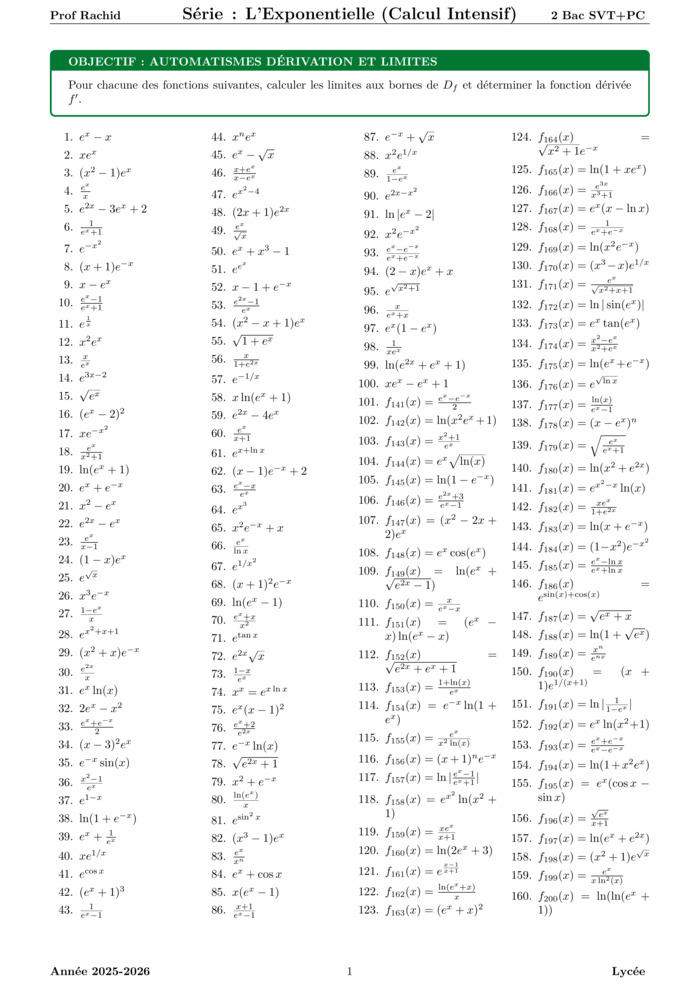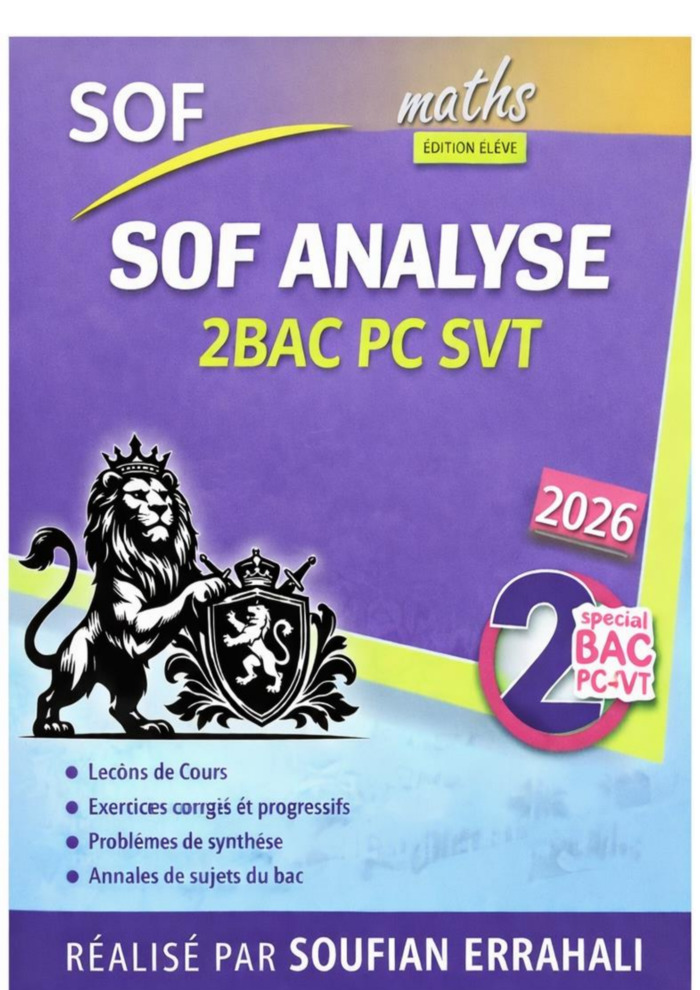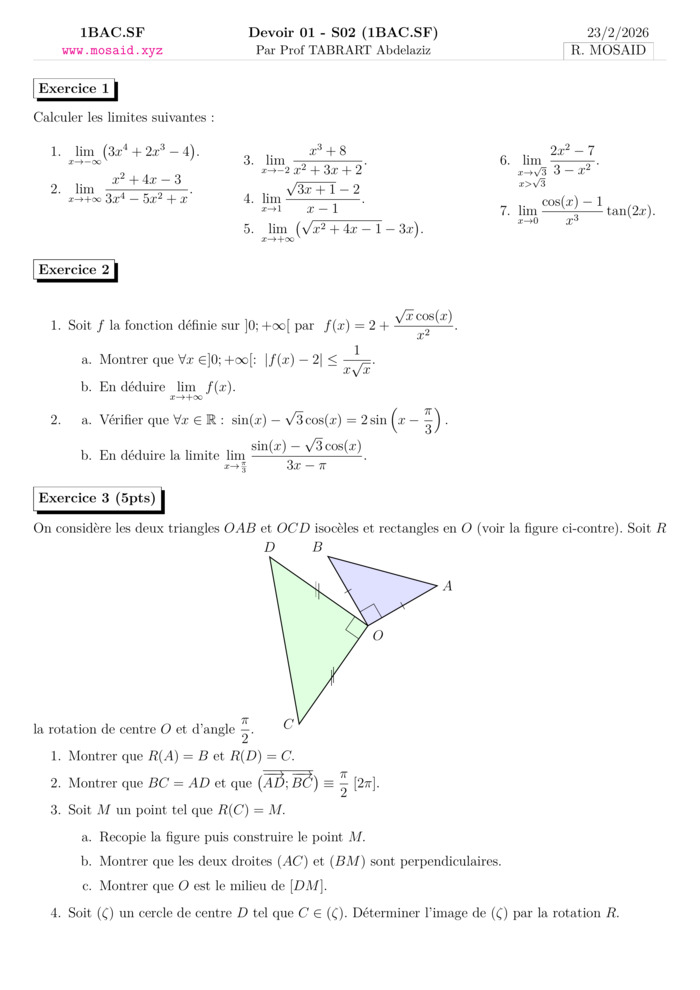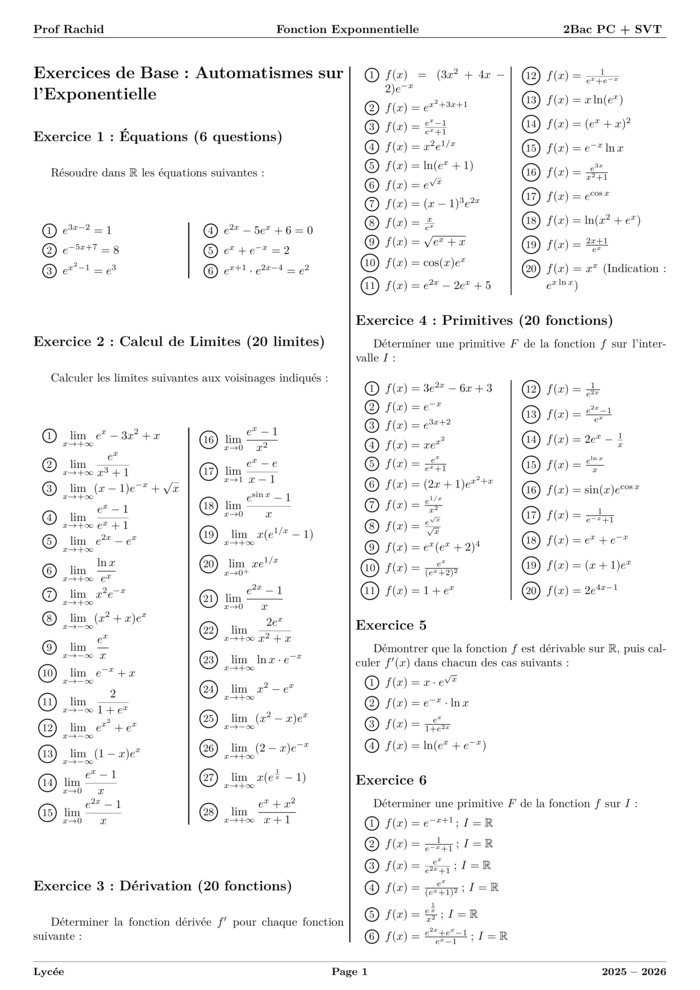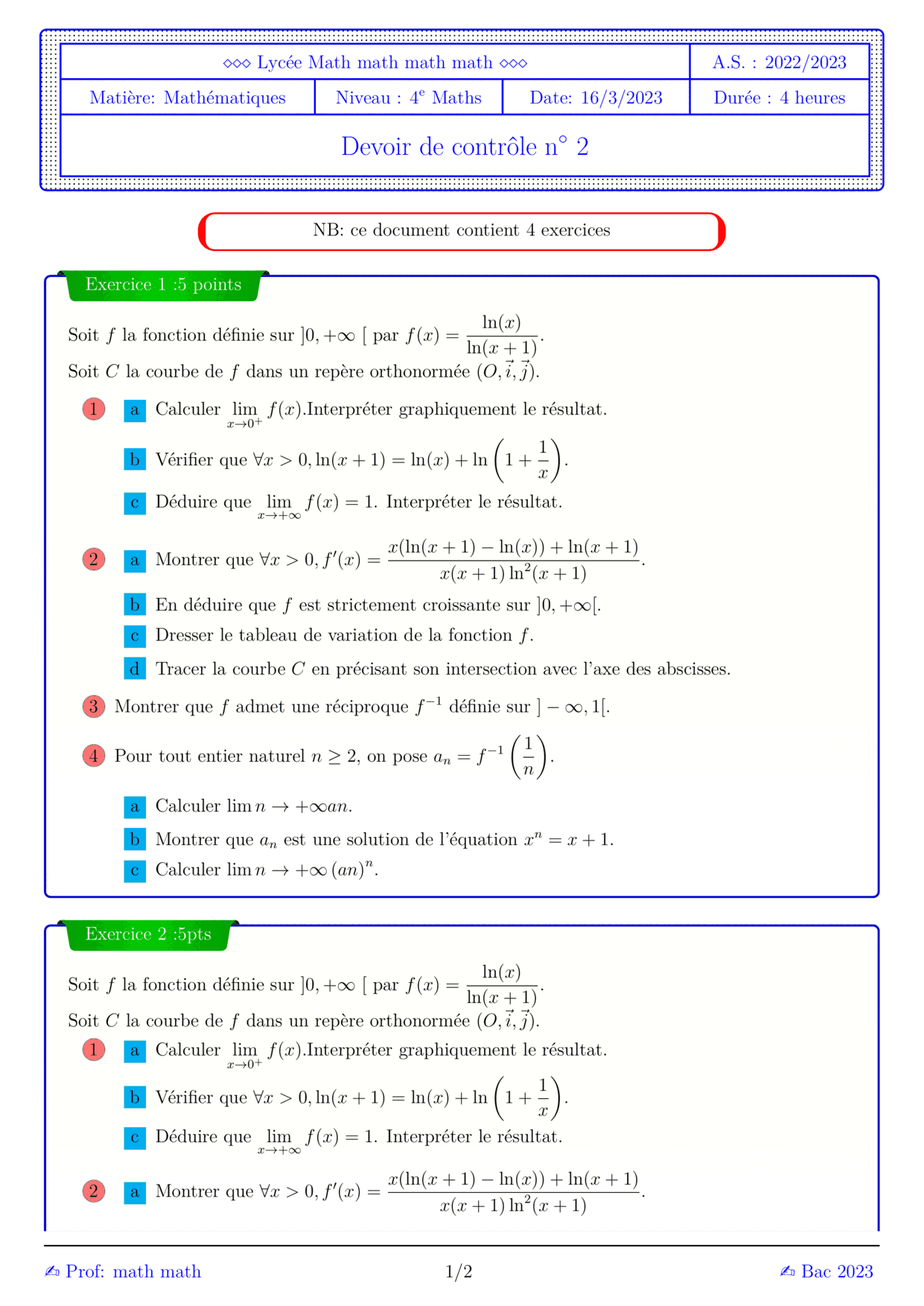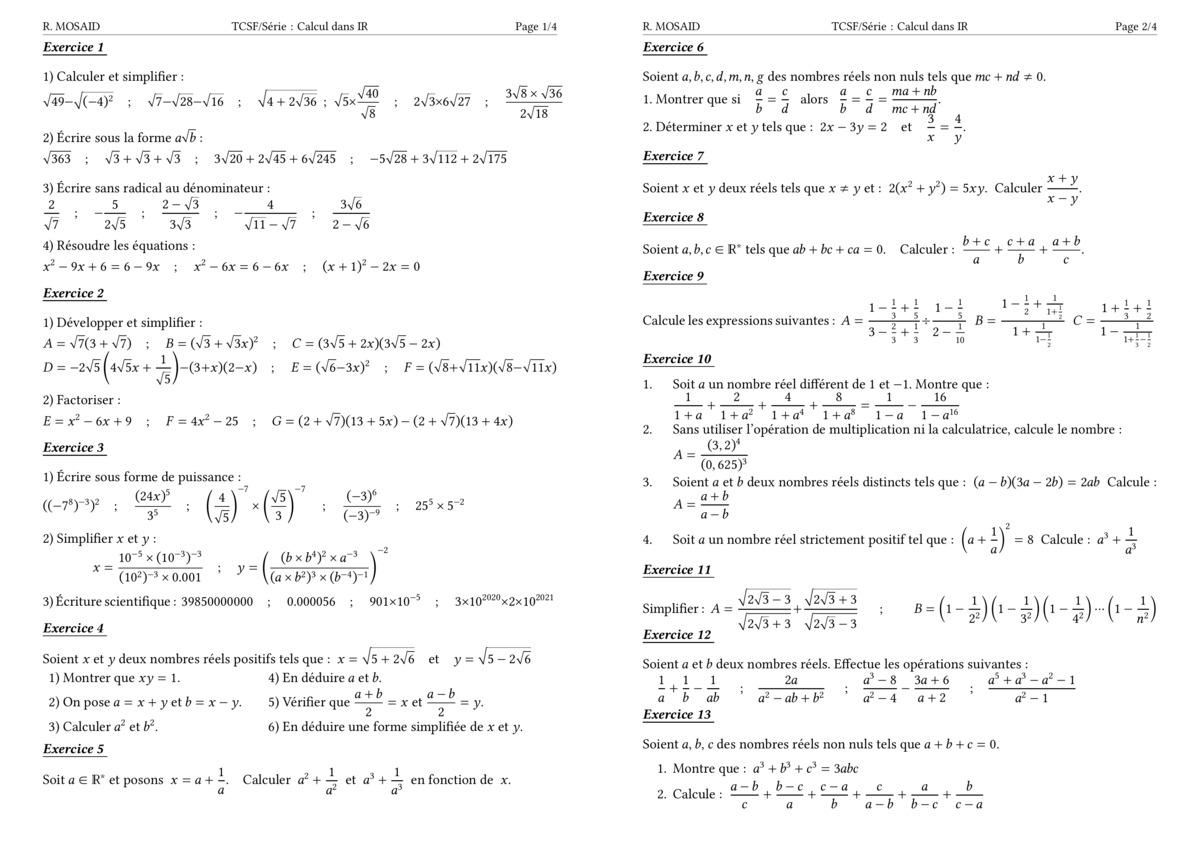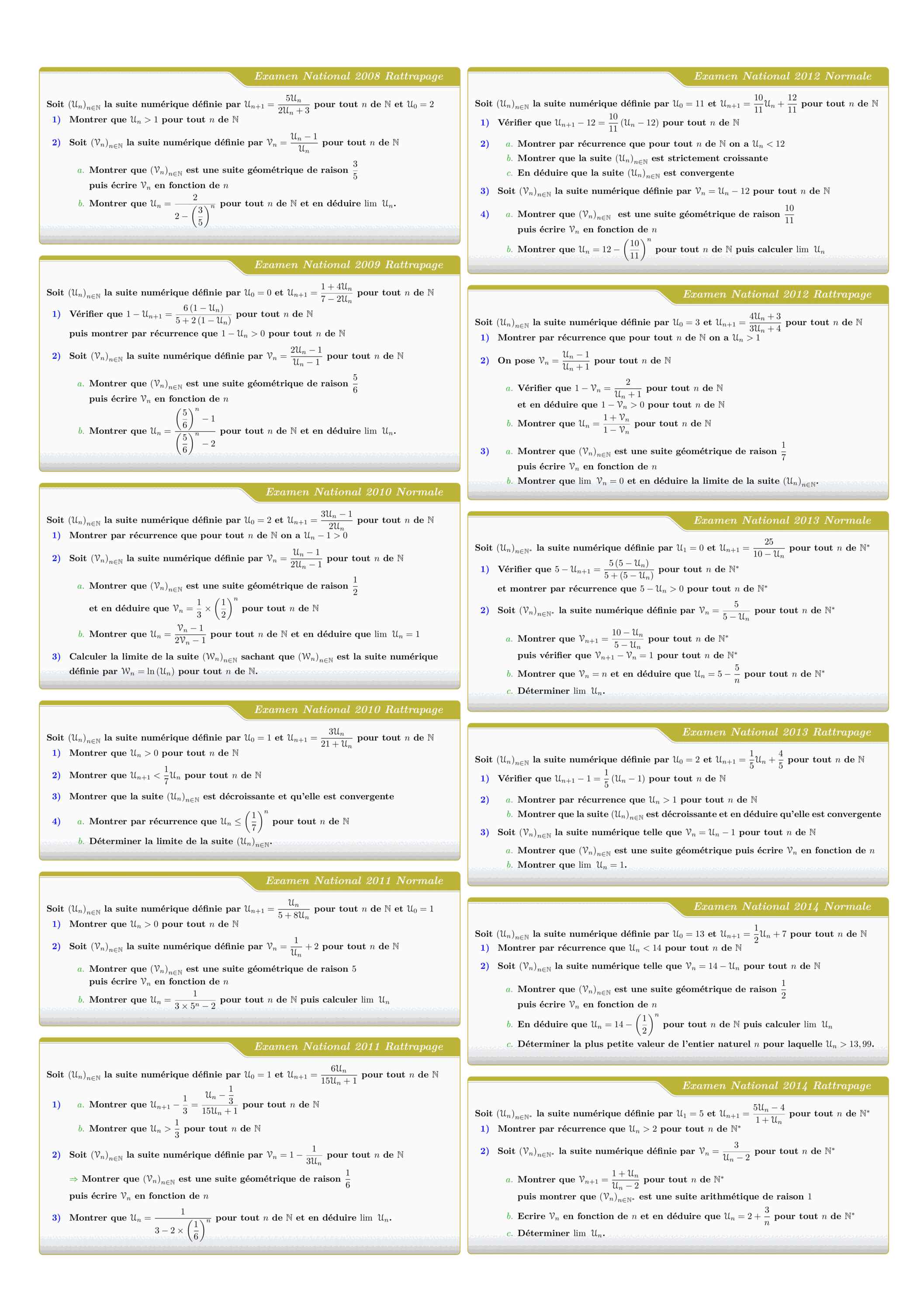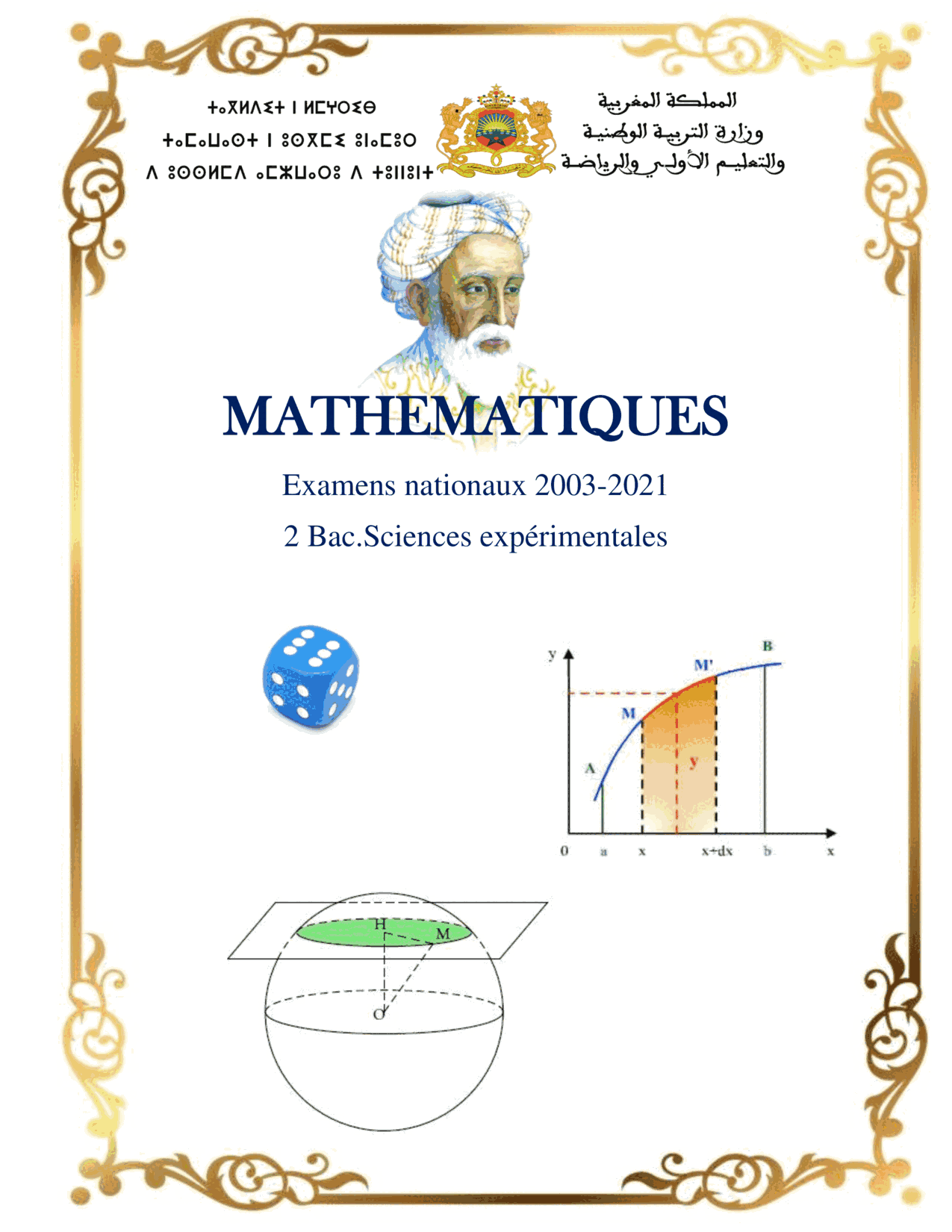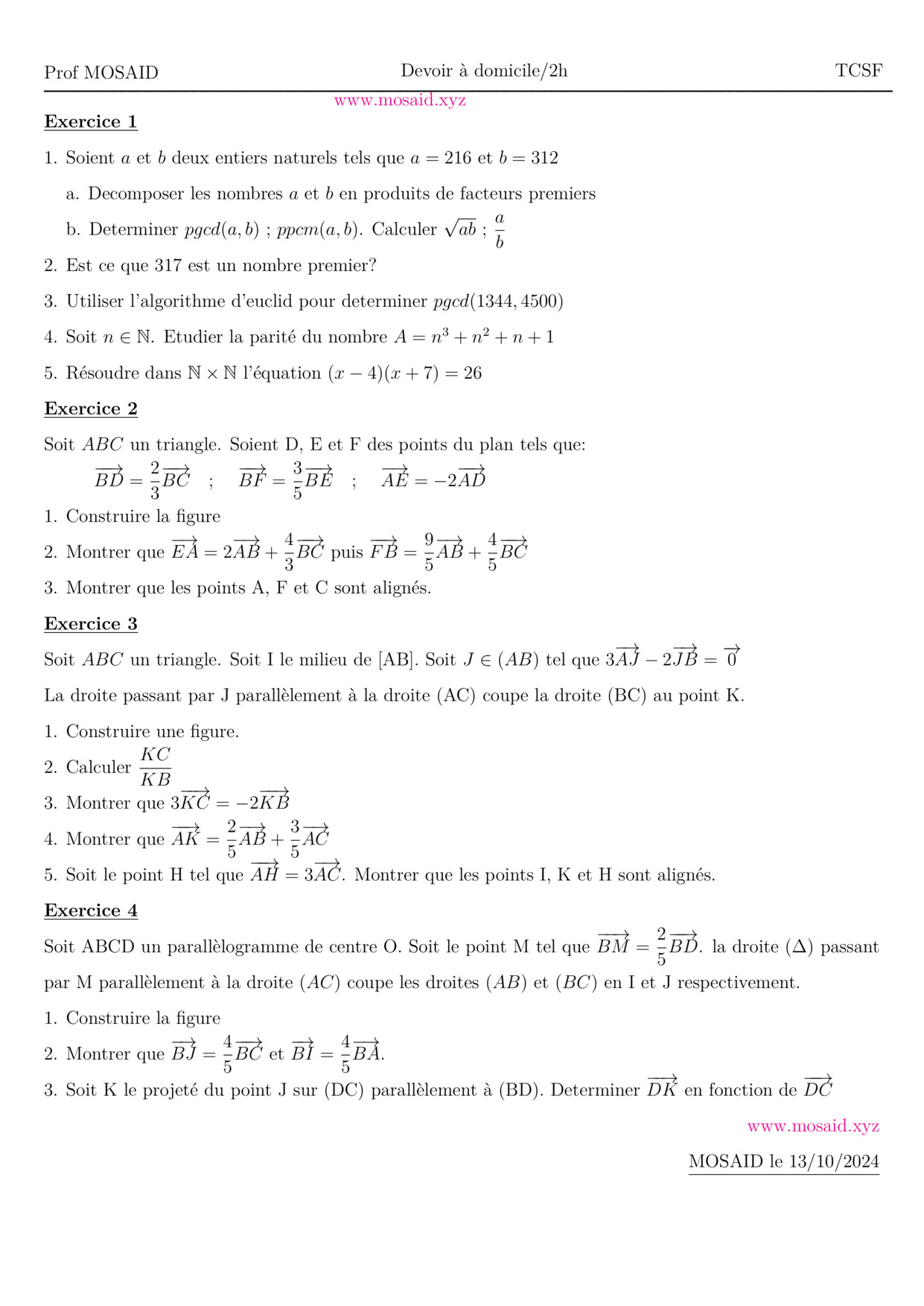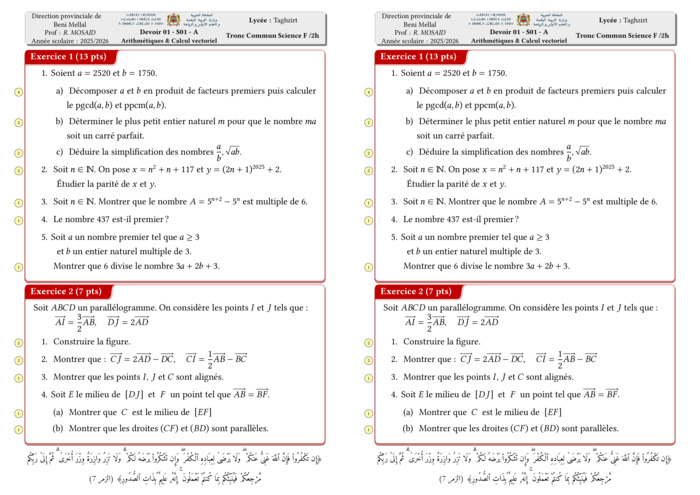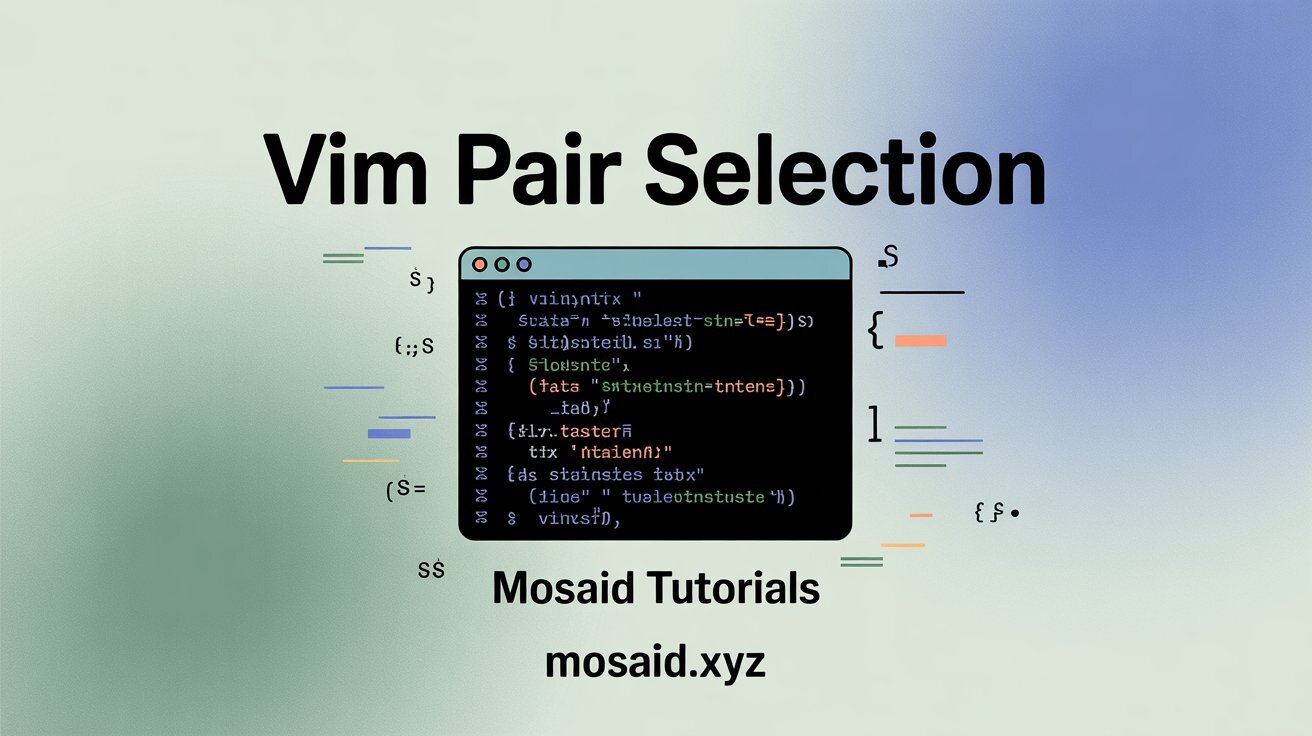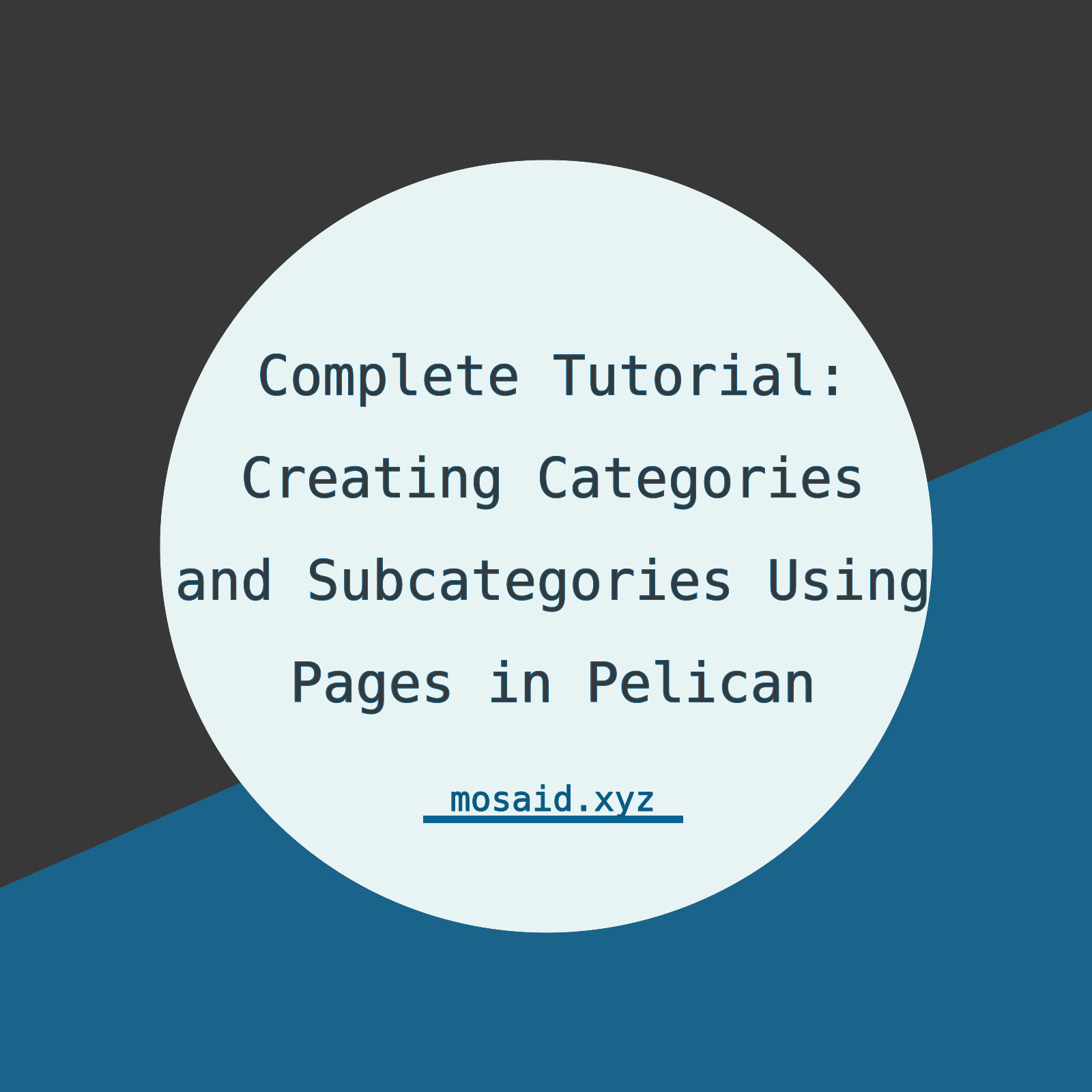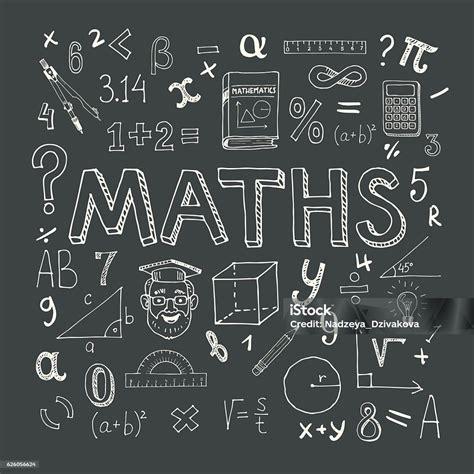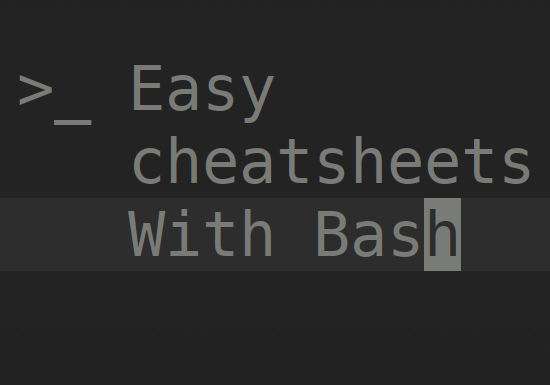Examen Local
📅 January 07, 2024 | 👁️ Views: 476
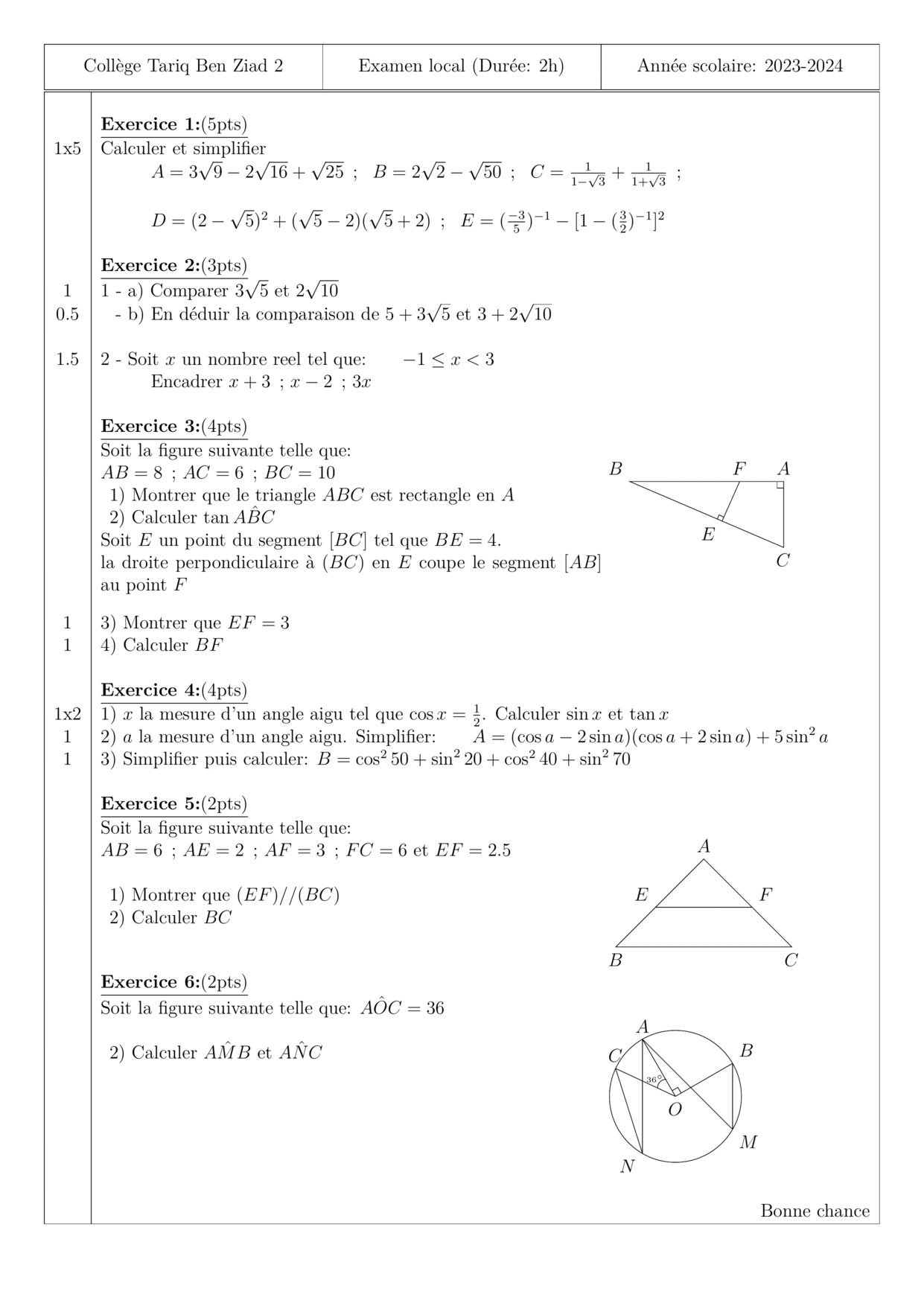
\documentclass[12pt,a4paper]{article}
\usepackage[left=1.00cm, right=1.00cm, top=1.00cm, bottom=1.00cm]{geometry}
\usepackage{amsmath,amsfonts,amssymb}
\usepackage{multirow}
\usepackage{tabularx,tabulary}
\usepackage{graphicx}
\usepackage{tikz}
\usetikzlibrary{calc}
\pagestyle{empty}
\begin{document}
\newcolumntype{Y}{>{\centering\arraybackslash}X}
\begin{center}
\begin{tabularx}{\linewidth}{@{}|Y|Y|Y|@{}}
\hline
\multirow{2}{*}{Collège Tariq Ben Ziad 2}
& \multirow{2}{*}{Examen local (Durée: 2h)}
& \multirow{2}{*}{Année scolaire: 2023-2024} \\
& & \\
\hline
\end{tabularx}
\begin{tabularx}{\linewidth}{@{}|c|X|@{}}
\hline
& \\
& \underline{\textbf{Exercice 1:}(5pts)} \\
1x5 & Calculer et simplifier \\
& \hspace*{1cm}
$A=3\sqrt{9}-2\sqrt{16}+\sqrt{25}$\hspace*{0.2cm};\hspace*{0.2cm}
$B=2\sqrt{2}-\sqrt{50}$\hspace*{0.2cm};\hspace*{0.2cm}
$C=\frac{1}{1-\sqrt{3}}+\frac{1}{1+\sqrt{3}}$\hspace*{0.2cm};\hspace*{0.2cm}
\\
& \\
& \hspace*{1cm}
$D=(2-\sqrt{5})^2+(\sqrt{5}-2)(\sqrt{5}+2)$\hspace*{0.2cm};\hspace*{0.2cm}
$E=(\frac{-3}{5})^{-1}-[1-(\frac{3}{2})^{-1}]^{2}$ \\
& \\
& \underline{\textbf{Exercice 2:}(3pts)} \\
1 & 1 - a) Comparer $3\sqrt{5}$ et $2\sqrt{10}$ \\
0.5& \hspace*{0.2cm} - b) En déduir la comparaison de $5+3\sqrt{5}$ et $3+2\sqrt{10}$ \\
& \\
1.5& 2 - Soit $x$ un nombre reel tel que: \hspace*{0.5cm} $-1 \le x < 3$\\
& \hspace*{1cm} Encadrer $x+3$\hspace*{0.2cm}; $x-2$\hspace*{0.2cm}; $3x$ \\
& \\
& \underline{\textbf{Exercice 3:}(4pts)} \\
& \begin{minipage}[t]{0.6\textwidth}
Soit la figure suivante telle que:\\
$AB=8$\hspace*{0.2cm}; $AC=6$\hspace*{0.2cm}; $BC=10$\\
\hspace*{0.2cm}1) Montrer que le triangle $ABC$ est rectangle en $A$\\
\hspace*{0.2cm}2) Calculer $\tan A\hat{B}C$\\
Soit $E$ un point du segment $[BC]$ tel que $BE=4$.\\
la droite perpondiculaire à $(BC)$ en $E$ coupe le segment $[AB]$ au point $F$ \\
\end{minipage}%
\begin{minipage}[t]{0.4\textwidth}
\begin{tikzpicture}[baseline={(current bounding box.north)}]
% Define the coordinates
\coordinate[label=above:$A$] (A) at (3.5,2);
\coordinate[label=above left:$B$] (B) at (0,2);
\coordinate[label=below:$C$] (C) at (3.5,0.5);
% Draw the triangle ABC
\draw (A) -- (B) -- (C) -- cycle;
% Additional points and lines
\coordinate[label=above:$F$] (F) at (2.5,2);
\coordinate[label=below left:$E$] (E) at (2.1,1.1);
% Dashed line from F to E
\draw (E) -- (F);
% Draw the right-angle mark
\draw ($(E)!0.10!(F)$) -- ++(155:0.12) -- ++(-113:0.11);
\draw (A) --++(-0.15,0) -- ++(0,-0.15) -- ++(0.15,0);
\end{tikzpicture}%
\end{minipage}\\
1 & 3) Montrer que $EF=3$ \\
1 & 4) Calculer $BF$ \\
& \\
& \underline{\textbf{Exercice 4:}(4pts)} \\
1x2& 1) $x$ la mesure d'un angle aigu tel que $\cos x = \frac{1}{2}$. Calculer $\sin x$ et $\tan x$\\
1& 2) $a$ la mesure d'un angle aigu. Simplifier: \hspace*{0.5cm} $A=(\cos a -2\sin a)(\cos a +2\sin a)+5\sin^{2}a$\\
1& 3) Simplifier puis calculer: $B=\cos^{2}50+\sin^{2}20+\cos^{2}40+\sin^{2}70$\\
& \\
& \underline{\textbf{Exercice 5:}(2pts)} \\
& \begin{minipage}[t]{0.6\textwidth}
Soit la figure suivante telle que:\\
$AB=6$\hspace*{0.2cm}; $AE=2$\hspace*{0.2cm}; $AF=3$\hspace*{0.2cm}; $FC=6$ et $EF=2.5$\\
\\
\hspace*{0.2cm}1) Montrer que $(EF)//(BC)$\\
\hspace*{0.2cm}2) Calculer $BC$\\
\end{minipage}%
\begin{minipage}[t]{0.4\textwidth}
\begin{tikzpicture}[baseline={(current bounding box.north)}]
% Define the coordinates
\coordinate[label=below:$B$] (B) at (0,0);
\coordinate[label=above:$A$] (A) at (2,2);
\coordinate[label=below:$C$] (C) at (4,0);
% Draw the triangle ABC
\draw (A) -- (B) -- (C) -- cycle;
% Additional points F and E
\coordinate[label=above left:$E$] (E) at ($(A)!0.55!(B)$);
\coordinate[label=above right:$F$] (F) at ($(A)!0.55!(C)$);
% Draw the line (EF)
\draw (E) -- (F);
\end{tikzpicture}%
\end{minipage}\\
& \underline{\textbf{Exercice 6:}(2pts)} \\
& \begin{minipage}[t]{0.6\textwidth}
Soit la figure suivante telle que: $A\hat OC=36°$\\
\\
\hspace*{0.2cm}2) Calculer $A\hat MB$ et $A\hat NC$\\
\end{minipage}%
\begin{minipage}[t]{0.4\textwidth}
\begin{tikzpicture}[baseline={(current bounding box.north)}]
% Define the coordinates
\coordinate[label=below:$O$] (O) at (0,0);
\coordinate[label=above:$A$] (A) at (120:1.5);
\coordinate[label=above right:$B$] (B) at (30:1.5);
\coordinate[label=above:$C$] (C) at (155:1.5);
\coordinate[label=below right:$M$] (M) at (-30:1.5);
\coordinate[label=below left:$N$] (N) at (-120:1.5);
\coordinate[label=above:{\fontsize{3}{4}\selectfont$36^\circ$}] (K) at (160:0.5);
% Draw the circle
\draw (O) circle (1.5);
% Draw radii and chord
\draw (O) -- (A);
\draw (O) -- (B);
\draw (O) -- (C);
\draw (B) -- (M);
\draw (A) -- (M);
\draw (A) -- (N);
\draw (C) -- (N);
% Draw right-angle mark for angle AOB
\draw ($(O)!0.10!(B)$) -- ++(120:0.15) -- ++(-150:0.15) ;
\draw ($(O)!0.30!(C)$) arc (180:90:0.2);
\end{tikzpicture}%
\end{minipage}\\
& \\
& \hfill Bonne chance\\
\hline
\end{tabularx}
\end{center}
\end{document}
Related Courses, Exams, and Exercises
Exam PDF:
if you find this content helpful, Please consider supporting me with a small donation
إن وجدت هذا المحتوى مفيدا، من فضلك إدعمني بمبلغ بسيط كتبرع
Buy me a coffee — إشتر لي قهوة
PayPal.me • عبر بايبالOr bank transfer • أو حوالة بنكية
Titulaire : RADOUAN MOSAID RIB : 230 090 6501953211022000 65 IBAN : MA64 2300 9065 0195 3211 0220 0065 BIC / SWIFT : CIHMMAMC
